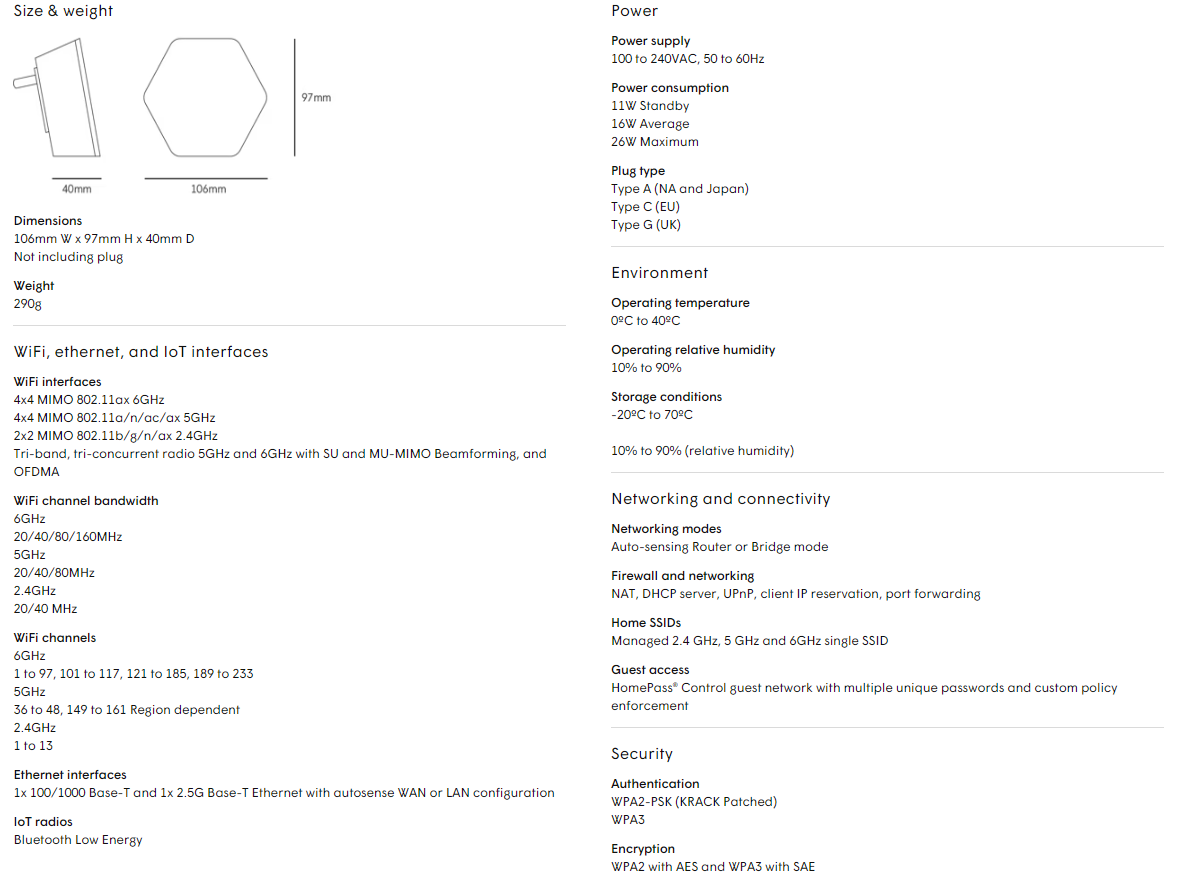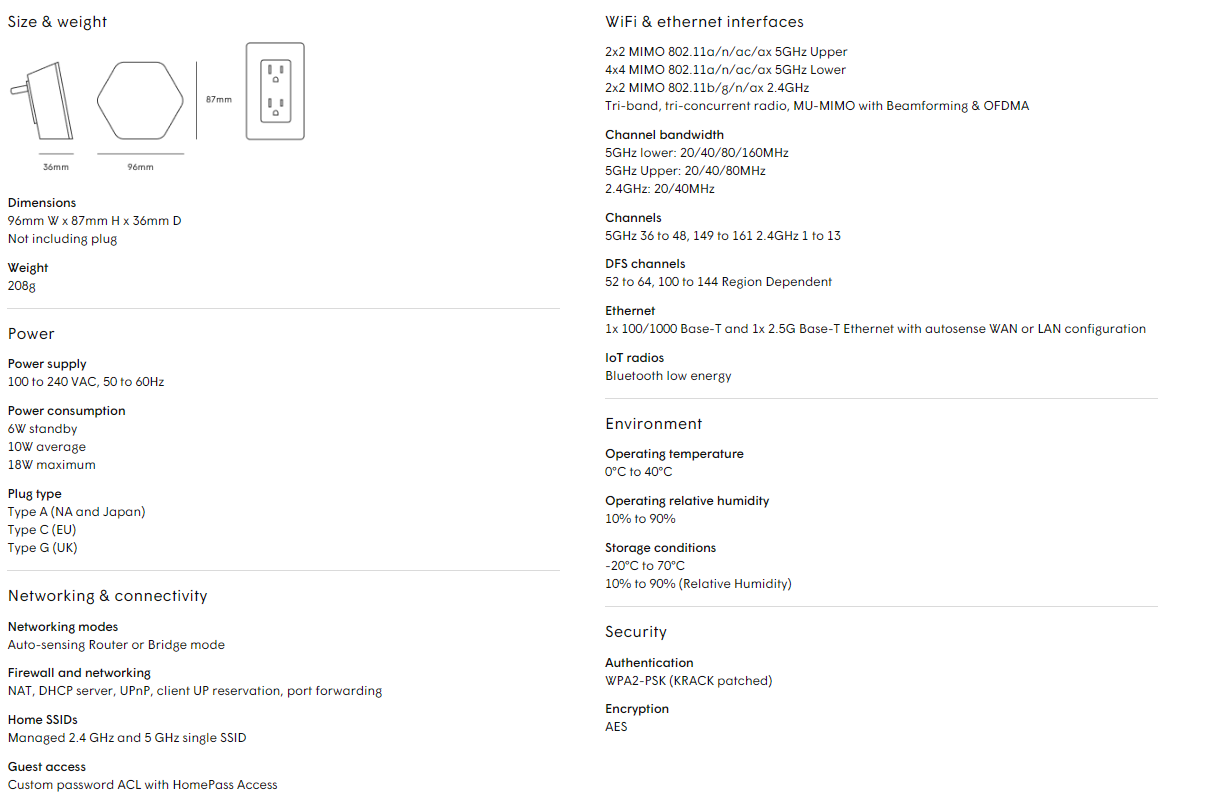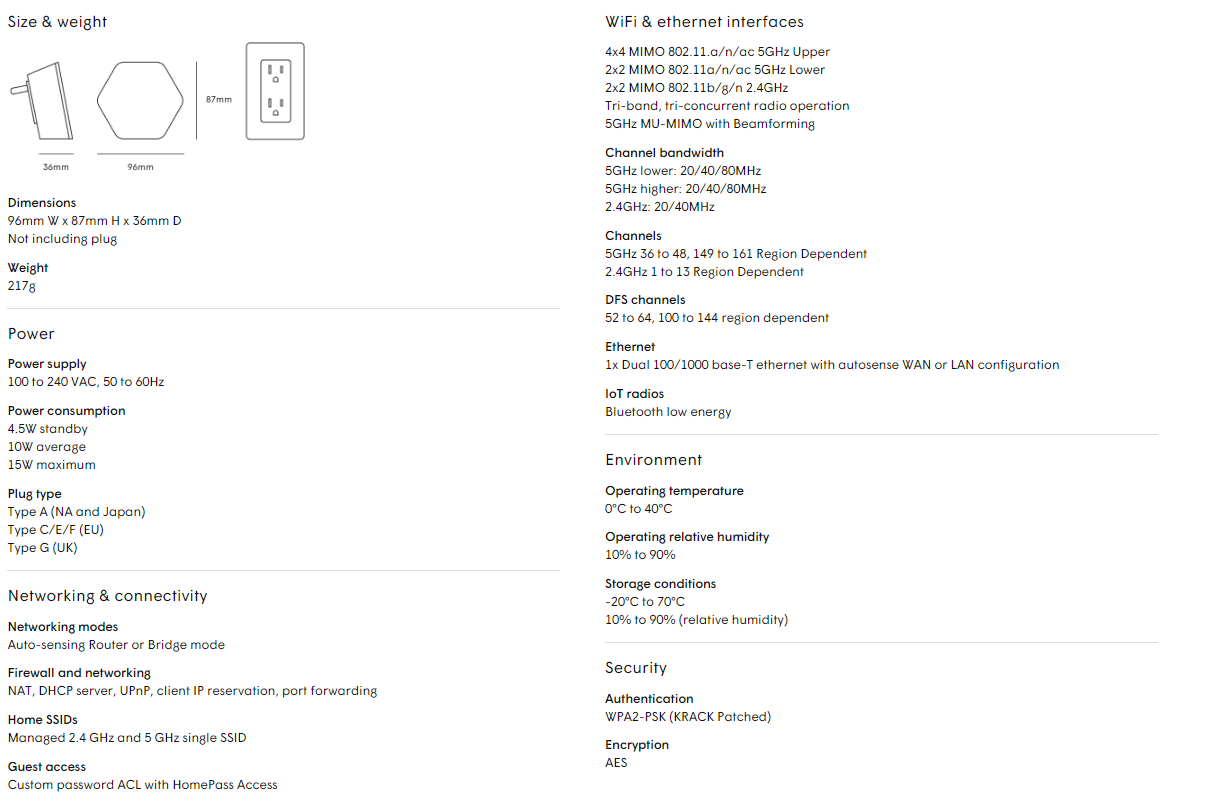Recently, cybercriminals have taken advantage of PayPal, the popular international online payment platform. Cybercriminals are spoofing PayPal in order to try and steal your personal or financial information.
In this scam, cybercriminals send you a phishing email saying that one of your PayPal payments didn’t process and that you need to act fast. The email contains a phone number allegedly from PayPal, prompting you to call. This phone call appears legitimate, but it’s actually from cybercriminals spoofing PayPal. If you call this number, cybercriminals can trick you into giving away your personal or financial information.
Follow the tips below to stay safe from similar scams:
- Be cautious when giving your financial information to someone over the phone. Instead, avoid using phone numbers provided in emails and navigate to the organization’s official website.
- Be suspicious of emails that contain a sense of urgency. Cybercriminals use a sense of urgency as an attempt to catch you off guard and get you to click or act impulsively.
Remember that this type of attack isn’t exclusive to PayPal. Cybercriminals could use this technique to impersonate any organization in any country.
Stop, Look, and Think. Don’t be fooled.
Protect your network! Learn more about security awareness training for your team.









